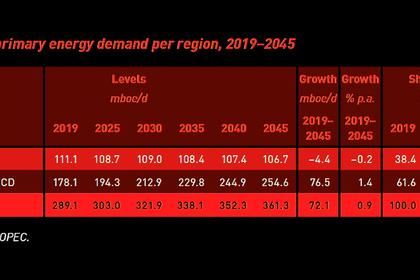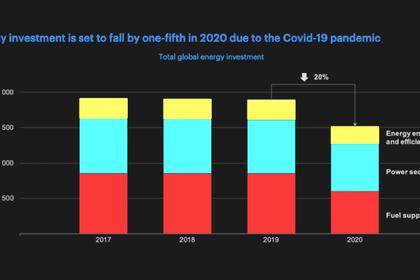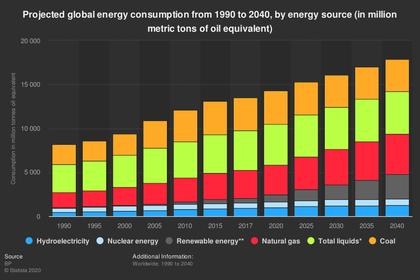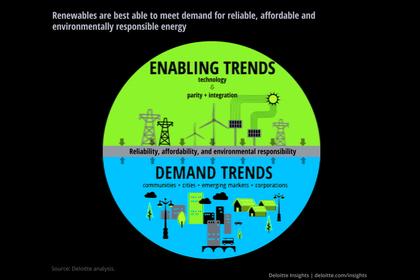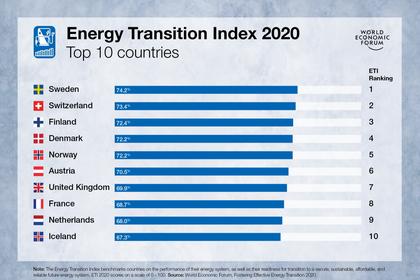
ENERGY & ECONOMIC DEVELOPMENT
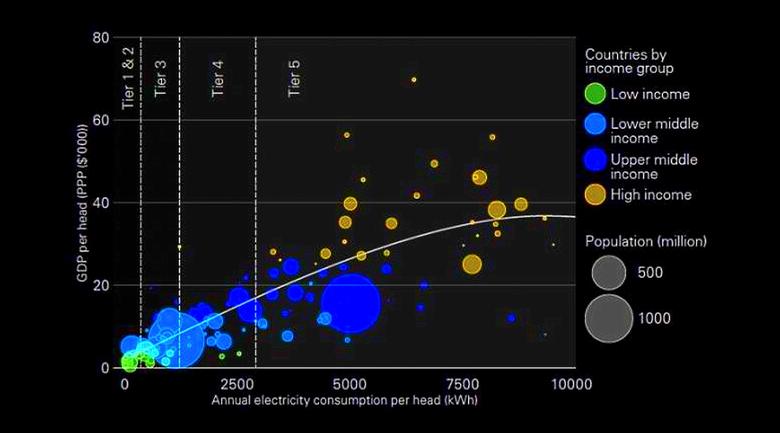
By S, Ehsan Marashi Business Development Manager NEECO
ENERGYCENTRAL - There is a strong link between access to energy and economic well-being and prosperity. The importance of energy access is embodied in the UN’s Sustainable Development Goal (SDG) 7 which seeks to “ensure access to affordable, reliable, sustainable and modern energy for all”.
One measure monitored by SDG 7 is global access to electricity, where the number of people without access is estimated to have decreased from 1.2 billion in 2010 to 790 million in 2018.
Economic prosperity and development depend not just on the ability to access electricity, but also on the quantity and quality of the electricity provision.
The World Bank’s multi-tiered framework provides one measure of quality of access, in which Tier 1 access equates to very basic levels of provision (lighting with limited availability) though to Tier 5, which denotes access to plentiful and reliable supplies.
There is a strong link between economic development and the quality of the access to electricity: around three-quarters of low and lower-middle income countries in 2018 had relatively limited access to electricity (Tier 3 or below); whereas over 90% of high-income countries had Tier 5 access.
Although the share of the world’s population without any access to electricity is estimated to have declined to 10% in 2018, around 45% of the world’s population lived in countries with Tier 3 access or below. In all three scenarios, around a quarter of the world’s population in 2050 live in countries or regions in which average levels of electricity consumption are still equivalent to Tier 3 access or below.
Improving the quality of electricity access – and energy access more generally – across the globe is likely to require a range of different policy approaches and technologies, including the development of decentralized and off-grid power generation.
-----
This thought leadership article was originally shared with Energy Central's Energy Collective Group. The communities are a place where professionals in the power industry can share, learn and connect in a collaborative environment. Join the Energy Collective Group today and learn from others who work in the industry.
-----
Earlier:
